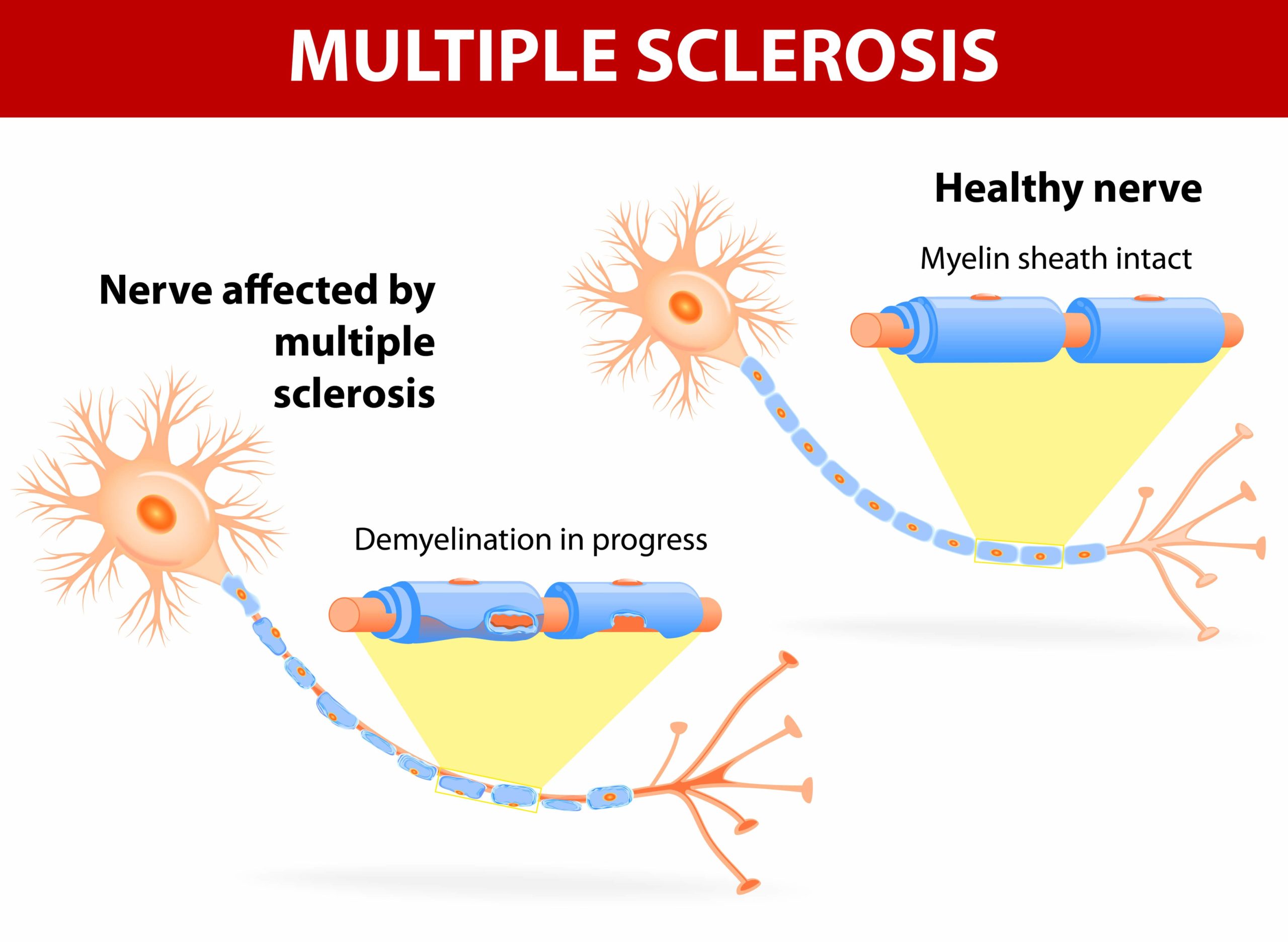Maintaining your health and independence while dealing with multiple sclerosis (MS) may require modifying the way you go about various tasks. Making changes to your lifestyle and home care service may be helpful or essential to make daily duties less strenuous and easier.
Emphasizing good home care services is also helpful.
A balanced diet and frequent physical activity may lessen the severity of your symptoms. These are seven everyday suggestions for dealing with multiple sclerosis.
- Make things simple
- Consider comfort.
- Use less energy
- Keep your well-being in mind.
- Keep moving.
- Maintain a healthy diet
- Mental exercise
Make things simple
Making convenience lowers the daily energy demands on you. You might be surprised by how even small adjustments can have a significant impact. Depending on your specific situation, the following straightforward examples might be useful:
- Maintain a journal, whether it’s written by hand or on a computer so that everything you need to know about your illness is in one place.
- To avoid typing on a computer, think about using voice-to-text software.
- Put the items you use the most frequently in a position that is simple to access.
- Take into account employing equipment from occupational therapy to assist with fine motor activities like putting on socks and opening jars.
- Get a mini-fridge for the space where you spend most of your time.
- Use a mobile app to set reminders.
Keep in mind that you can approach your friends and relatives for assistance. If you want to make adjustments for convenience, they can assist you with organizing or going shopping with you.
Consider comfort.
Many Multiple Sclerosis patients are highly sensitive to temperature changes. When you feel too warm, your symptoms could get worse. Since the sickness is not progressing in this way, cooling down should help your symptoms.
Think about the following alternatives to prevent overheating:
- Consider wearing hot-weather attire that has gel packs to keep you cool.
- Get cooling mattress toppers for your current mattress or invest in a firmer mattress with a cooling surface.
- Bathe in cool water.
- Drink plenty of water to help your body better control its temperature.
- Just using fans or air conditioning in your home can be helpful. Many comfort suggestions may help maintain your body’s comfort day or night:
- To relieve strain on your back while you sleep, place a cushion beneath each of your knees.
- Stretch regularly to reduce muscle stiffness and soreness.
- Strengthen your core to lessen neck, joint, and back pain.
Use less energy
Typical Multiple Sclerosis symptoms are fatigue. Keep your pace throughout the day and take breaks when necessary. You might also think about changing the way you carry out your regular tasks in the following ways:
- When necessary, such as while folding laundry, work while seated.
- When setting and cleaning the table or putting the laundry away, use a trolley.
- Rather than moving cleaning products about the house, keep them in each room.
- Utilize a shower bench and a shower head that can be removed so you can sit while taking a shower.
- Choose a liquid soap dispenser instead of bar soap, which can disappear and require you to reach for it.
- Choose lightweight bedding to have more freedom of movement.
Keep your well-being in mind
Common symptoms of multiple sclerosis, such as impaired motor control and difficulties maintaining balance, may pose a threat to your physical well-being. If you have symptoms that could put you at risk for falling, you must discuss them with your primary care physician.
If you or your doctor have concerns, you can take steps to protect yourself by making some fundamental adjustments to your routines and your house, including the following:
- Invest in some comfy sneakers with sturdy tread.
- Make sure your kettle, coffee maker, and iron have an auto-shutoff.
- Install a non-skid bath mat.
- When loading a dishwasher, be sure to point any pointy objects downward.
- The restroom door should never be locked.
- Always carry your cell phone with you.
- Increase handrails where they would be useful, such as in the restroom or on the stairs.
Don’t forget to tell your loved ones and friends about your worries about falling. If you spend time alone, they can check up on you.
Keep moving.
Exercising can help with Multiple Sclerosis-related fatigue. Strength, stability, endurance, and flexibility are all improved via regular exercise. Hence, you could discover that getting around is less of a hassle. Becoming in shape can help you avoid secondary health problems like heart disease.
Keep in mind that you don’t need to perform extreme cardio or lift big weights for exercise to be useful. A milder activity, such as gardening or housework, is OK. Daily movement and activity are what you’re aiming for.
Maintain a healthy diet
Eating well is beneficial for everyone, but it is especially crucial for people with chronic conditions like Multiple Sclerosis. The health of your entire body can be improved by eating a nutritious, well-balanced diet.
Fruits, vegetables, and lean proteins should make up the bulk of your daily diet. You should also include healthy fats like almonds, avocados, or extra virgin olive oil in your diet, in addition to complex carbs like whole grains like oats and whole-wheat bread.
It’s best to check with your doctor to see if there are any supplements they prescribe. Vitamin D and biotin, among other alternatives, are used by some persons with Multiple Sclerosis. You should never try a new supplement without first consulting with your doctor.
Mental exercise
Multiple Sclerosis can cause cognitive impairment, which in turn may lead to greater difficulties in managing day-to-day life. But early research suggests that you can take steps to train your brain and improve overall cognitive function.
Takeaway message
To better manage your Multiple Sclerosis, you may find that making some minor adjustments to your living situation, routines, and habits can have a significant impact. Do all you can to make your surroundings more accommodating and secure, eat healthily, and stay as active as possible throughout the day.
If you find yourself in need of assistance, don’t hesitate to ask for it from those around you and go to your doctor for advice. Spending effort and time on self-care have been shown to have a positive effect on both the severity of symptoms and the person’s sense of well-being.
Home Care Near Me Let’s Get Started!
Get Immediate Help with Information, Costs & Payment Options.







